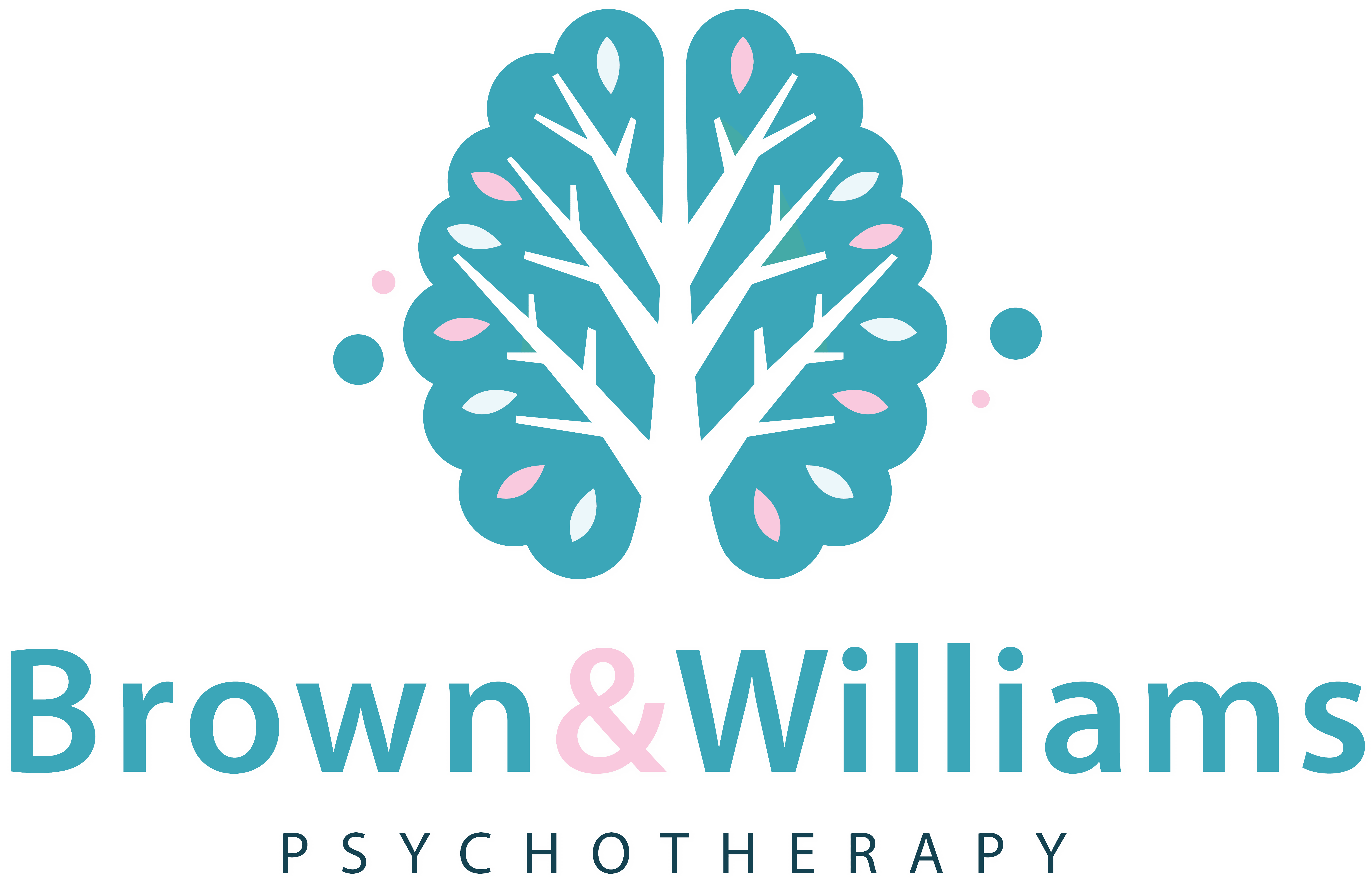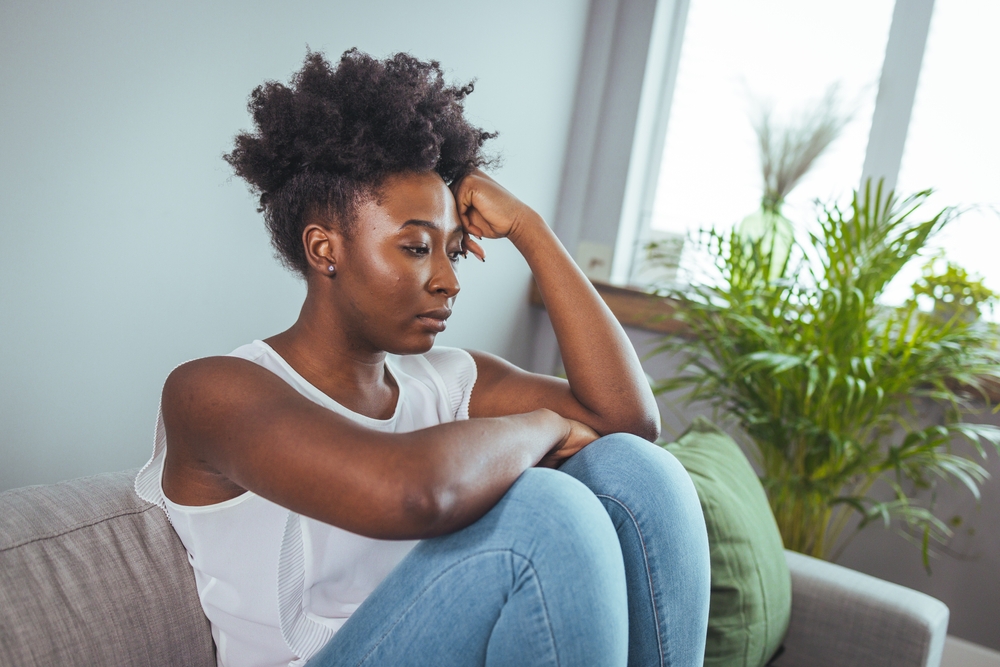Introduction
Depression affects millions of individuals worldwide, but for Black Americans, this mental health issue presents unique challenges. Historical, cultural, and societal factors shape the way depression is experienced, understood, and treated within the community.
What is Depression?
Depression is a mood disorder characterized by persistent feelings of sadness, hopelessness, and a lack of interest in activities once enjoyed. Symptoms can include changes in appetite, sleep disturbances, and difficulty concentrating.
How Does Depression Look in Black/African Americans?
Depression in Black Americans can sometimes manifest differently than in other communities. It may be expressed through irritability, anger, or physical symptoms such as fatigue, rather than the typical sadness or withdrawal.
Why Do Black People Present Differently with Depression?
Cultural norms and coping mechanisms in the Black community often emphasize strength and resilience. Many individuals may not openly express vulnerability, leading to a more outwardly focused display of depression, such as irritability or substance abuse.
Why is Depression Overlooked in This Community?
Depression is often overlooked due to stigma surrounding mental health. In some cases, mental illness is seen as a personal failing or weakness. Additionally, limited access to culturally competent mental health resources means that many individuals may not receive the support they need.
How to Help the Black Community Combat Depression
To address depression within the Black community, it is crucial to foster a supportive, open environment where mental health issues can be discussed without judgment. Encouraging therapy, incorporating faith-based or culturally relevant healing practices, and increasing access to affordable mental health services are important steps.
Final Thoughts
By acknowledging the unique ways depression manifests in Black Americans and addressing the stigma surrounding mental health, we can empower individuals to seek the support they need. Creating a more inclusive and open environment for mental health discussions is key to improving the well-being of the Black community.

